Should you move your payroll to the cloud?
With tougher data legislation looming, and all the convenience it offers small businesses, moving payroll to the cloud could pay off

The days of tear-off payslips, brown envelopes and manual transfers are over. Smart companies are moving their payroll to the cloud, issuing digital advisories, and even paying by the minute, rather than making their staff wait weeks.
"One of the great things about the cloud is the speed at which a product can evolve," explained FreeAgent CEO Ed Molyneux. "Where tax and compliance are concerned, the goalposts are moving all the time... instead of having to issue updates whenever those changes roll out, we can implement them on our servers, and our users have instant access to the latest tax rates, bands and forms."
Tim Sheppard, CEO of MyPAYE, agrees. "You're always up to date we continuously update MyPAYE with legislative changes and new features," he said, adding that none of the updates have to be applied manually. "Support is built into the product."
"It's about peace of mind," said Hannah Wright, product marketing manager for Sage. "You pay us to be the experts on your behalf [so] when it comes to legislation and making sure all the tax bands are correct, all of our products seamlessly update so our customers don't need to worry."
Payroll has long been one of the more complex aspects of business accounting, and the advent of Real Time Information (RTI), which requires employers to submit payroll data to HMRC monthly, means that originating and storing that data in the same system they use to submit it makes sense. It also facilitates a degree of automation.
"When we think about things like tax and payroll filing, [the latter of which] needs to be done on a monthly basis, there's an element of asking what value is being added by somebody having to press a button that says go and do it?" Molyneux said. "If you're running an IT contracting business, with a standard payroll that goes out every month and you didn't have to do anything previously apart from pay yourself maybe we can think about RTI payroll in that way. How far can we get towards full automation?"
PSD2, the EU's forthcoming second Payment Services Directive, allows cloud providers to go even further, executing payments, settling bills and more, all from within their payroll systems. "It will allow services such as FreeAgent to instigate payments in a safe and secure way, which makes payroll more straightforward because employers won't need separate arrangements, outside of their payroll system," said Molyneux.
Get the ITPro daily newsletter
Sign up today and you will receive a free copy of our Future Focus 2025 report - the leading guidance on AI, cybersecurity and other IT challenges as per 700+ senior executives
Cost savings
Cloud-based payroll providers gather a huge amount of data, and while regulations and the obligations of professional conduct mean they can't use it without their clients' permission, sufficient anonymised transactions teach vendors more about each one, allowing them to be tagged and filed more accurately. The time savings this can deliver for smaller businesses could be significant, and would help offset the cost of their monthly subscriptions. But that's not the only saving they could make.
"If you take the average Sage 50 customer who prints and posts their payslips, converting to [our] online portal and sending their employees' payslips digitally would save 1,900 per year," claimed Hannah Wright. The average client employs just 39 people. For larger firms, the savings could be more significant.
MyPAYE CEO Tim Sheppard is similarly confident. "At just 1 per month per paid employee, switching to MyPAYE will save most employers money," he said, adding that conventional payroll packages "need periodic updates installing, they need backups running. This all takes time and costs money."
Offloading your payroll to the cloud also delivers the benefits we afford our documents when we store them on Dropbox and Google Drive: someone else looks after the infrastructure, and keeps them secure and backed up.
"Payroll is full of personal data," said Wright. "With the advent of GDPR, people are going to have to take more seriously how they protect it. Payroll in the cloud is an easy way to look after your data, and transferring it to the employee is also much more secure than using an email system."
To this end, Sage exposes different levels of data to different kinds of user. Employees can submit time sheets and view their payslips online, department heads can see a subset of their team members' information, and accountants get a full overview. "[Cloud payroll is] giving employees of small and medium-sized businesses access to the kind of tools that you would usually only associate with larger firms, because they tend to be quite costly," said Wright. "This helps the business in terms of loyalty and attracting talent."
"Personal data is encrypted in the database automatically," said Sheppard, emphasising that this is all the more important with the approach of GDPR. "Payslips can be emailed to employees as encrypted PDF documents with individual passwords for the employee. Reports can be sent to managers or clients as encrypted PDFs. Security is fundamental to MyPAYE."
Payroll innovation
London-based Etch, built on the Ethereum blockchain, is perhaps the most employee-focused payroll system to date. Staff paid through the Etch platform are given an employee debit card and smartphone app, and are paid by the minute.
"Each employee is issued with a MasterCard-backed payroll card which stores their earnings," said Etch CEO Euros Evans. "If a beacon shows that they're in the right place, a linked app will show a per-second increase in the balance on the card. Technically, this balance is an IOU that can be cashed in at any time, so if at lunchtime they have 40 in the wallet, they can go and spend 40 with their card."
The system, which has just taken on its first client, is likely to appeal to businesses in the minimum-pay and low-pay sectors. Employees can split their monthly income into pots, to make budgeting easier, with rent and other essentials locked off until they're due. It also provides an easy way for expats to send money home.
"We use the blockchain and the employees' smart contracts to make sure that the list of exact money that each employee has earned is updated, so when the employee uses the card to take money out of an ATM or pay for something, we have an API that will give authority to MasterCard to take the money from the employer's account," said Evans.
Employers will no longer need to enact a payroll run at the end of the month, and employees don't even need to have their own bank account.
Evans talks of the system in terms of "streaming" money. "There are several things that you can do with that stream. If you're on a low wage with no credit, then right now you need to get a pre-paid electricity meter installed because the supplier doesn't trust that you'll pay the quarterly bill. This costs an average of 200 a year more [than a regular utility account]. In the world of streaming money, it won't take long for the energy company to see that it can tap into that stream and customers can pay them in real-time, too. So, the energy company can offer a better rate to somebody on that system than on conventional quarterly billing."
Etch has ambitious plans to extend into New York and Singapore in 2018. If successful, payroll won't just be different: it will be unrecognisable from the days of paper payslips and cash in brown envelopes.
Nik Rawlinson is a journalist with over 20 years of experience writing for and editing some of the UK’s biggest technology magazines. He spent seven years as editor of MacUser magazine and has written for titles as diverse as Good Housekeeping, Men's Fitness, and PC Pro.
Over the years Nik has written numerous reviews and guides for ITPro, particularly on Linux distros, Windows, and other operating systems. His expertise also includes best practices for cloud apps, communications systems, and migrating between software and services.
-
 Meta just revived plans to train AI models using European user data
Meta just revived plans to train AI models using European user dataNews Meta has confirmed plans to train AI models using European users’ public content and conversations with its Meta AI chatbot.
By Nicole Kobie
-
 AI is helping bad bots take over the internet
AI is helping bad bots take over the internetNews Automated bot traffic has surpassed human activity for the first time in a decade, according to Imperva
By Bobby Hellard
-
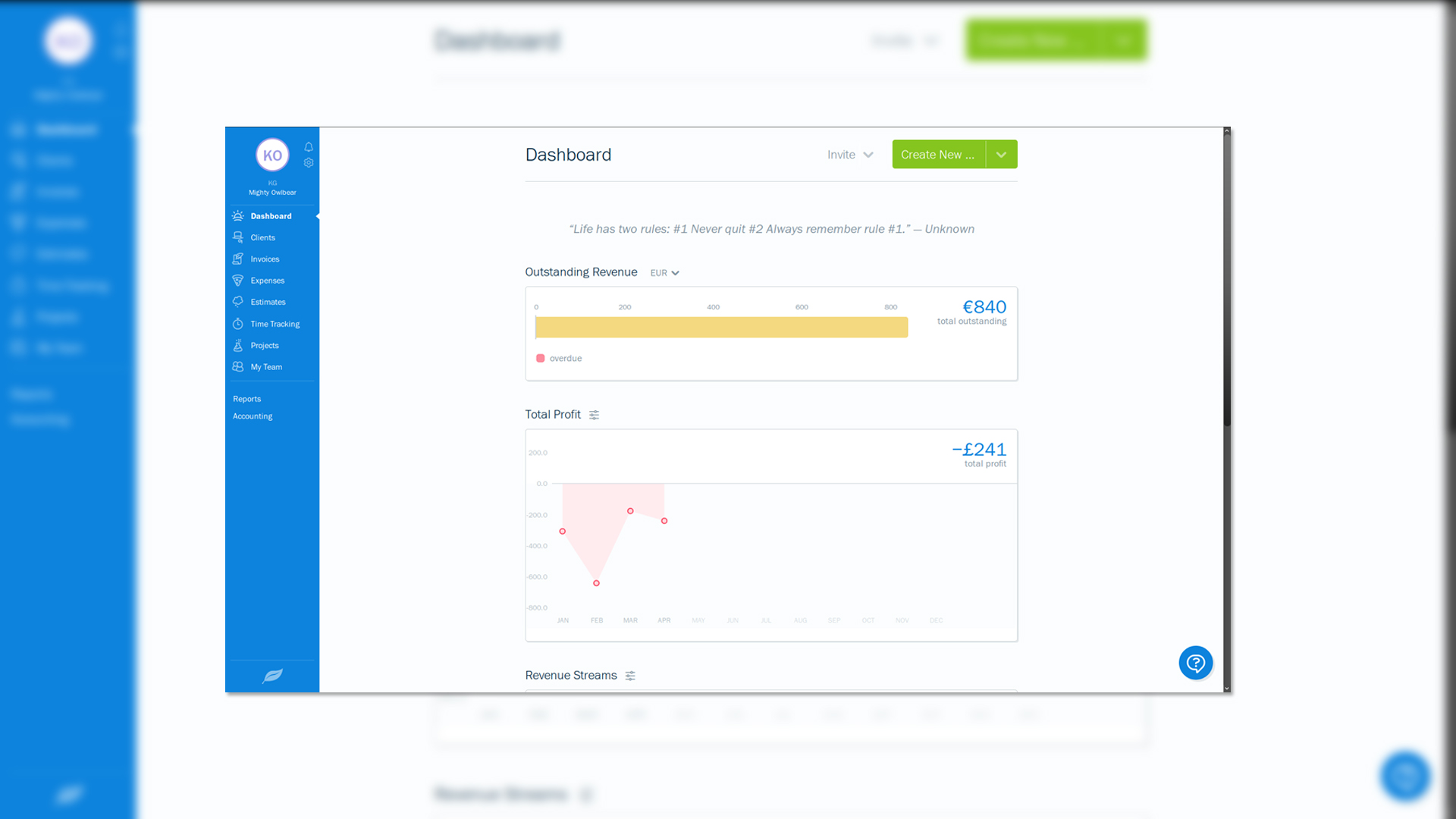 FreshBooks review: Slick, but shallow
FreshBooks review: Slick, but shallowReviews Cloud accounting designed for freelancers and service-based small enterprises
By K.G. Orphanides
-
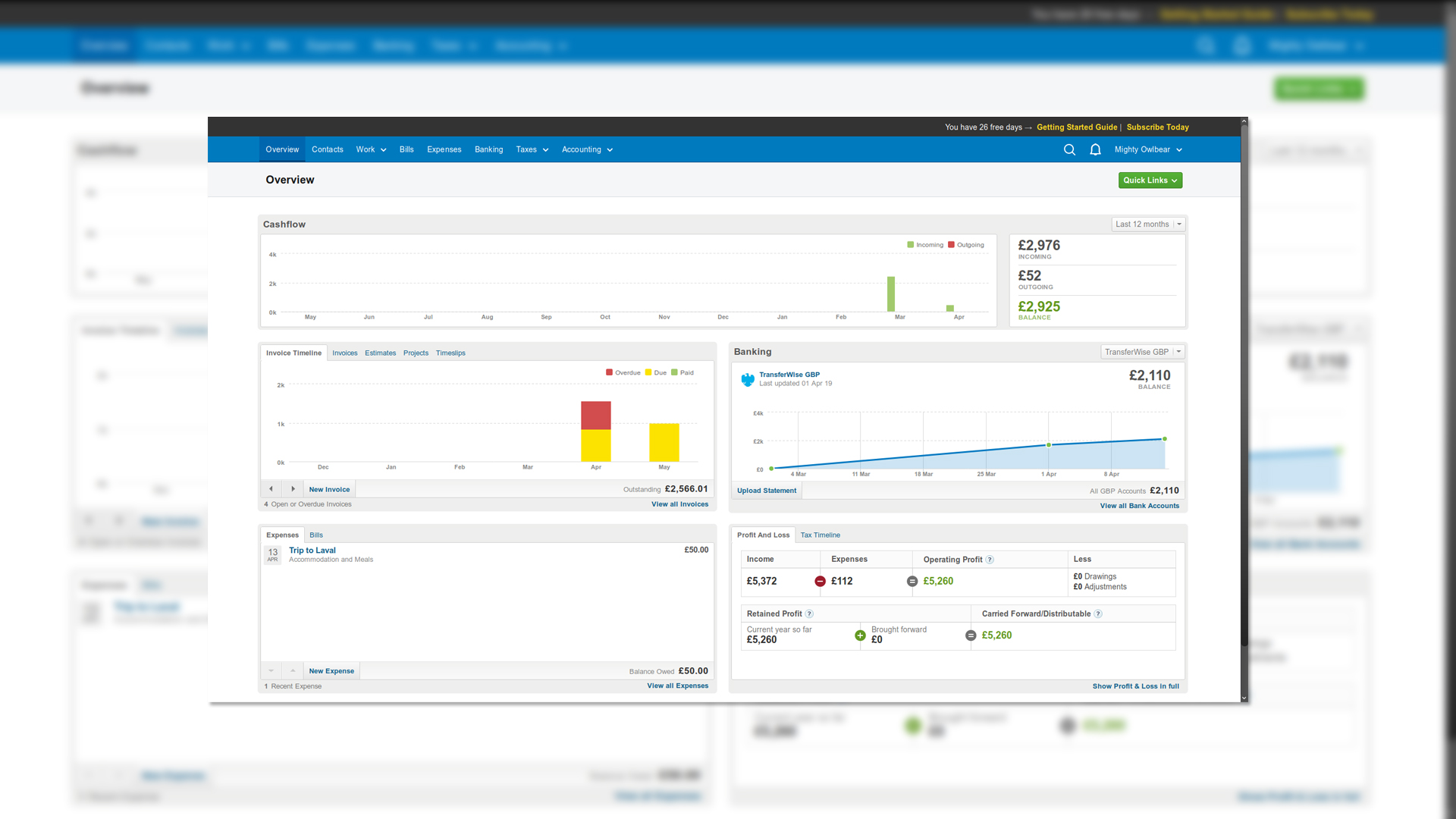
 FreeAgent review: Financial software you can count on
FreeAgent review: Financial software you can count onReviews A hugely feature-packed small business cloud accounting suite, based in the UK
By K.G. Orphanides
-
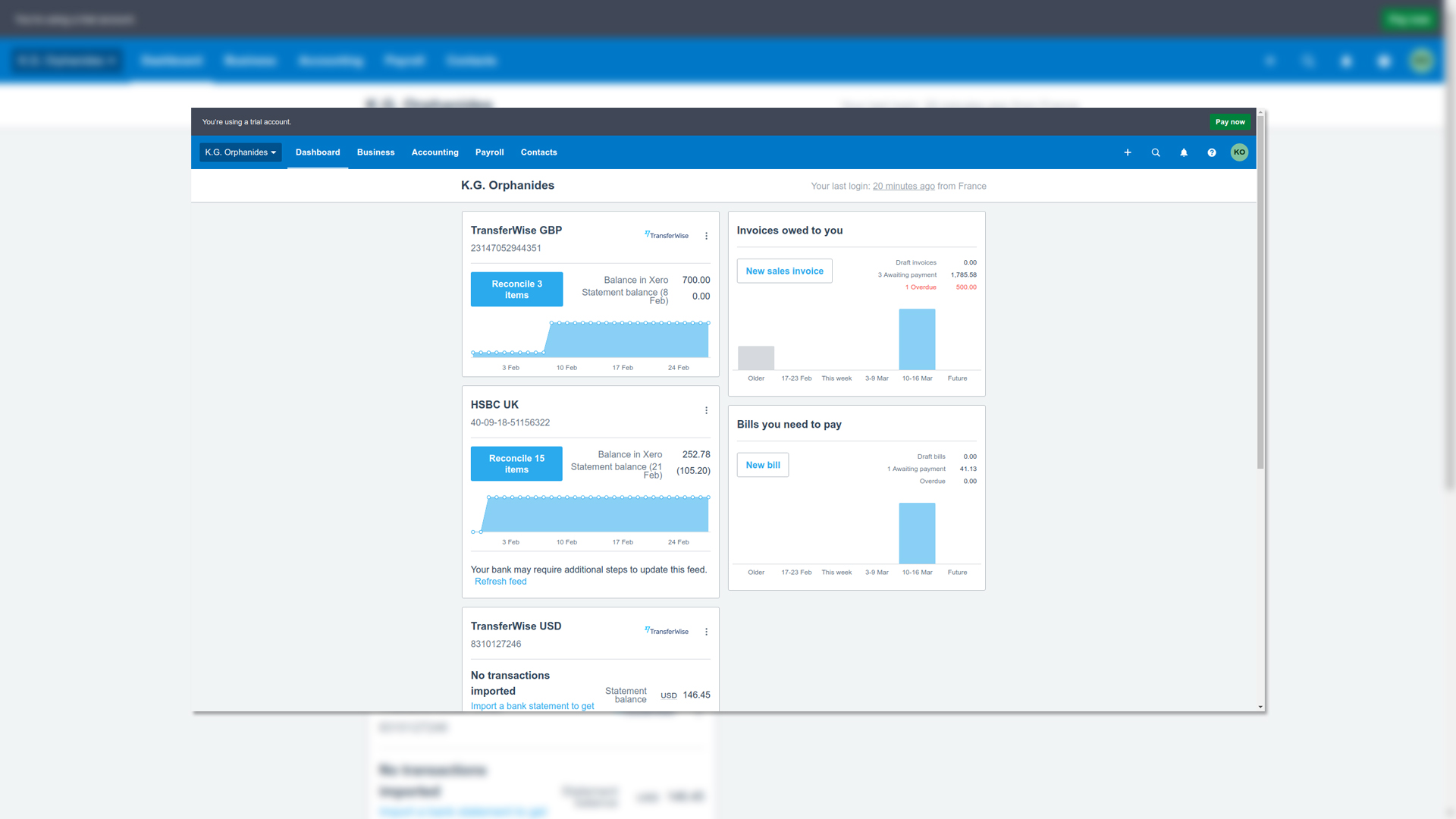 Xero review: Xero to (almost) hero
Xero review: Xero to (almost) heroReviews Comprehensive cloud accounting that's particularly well suited to sales-based businesses
By K.G. Orphanides
-
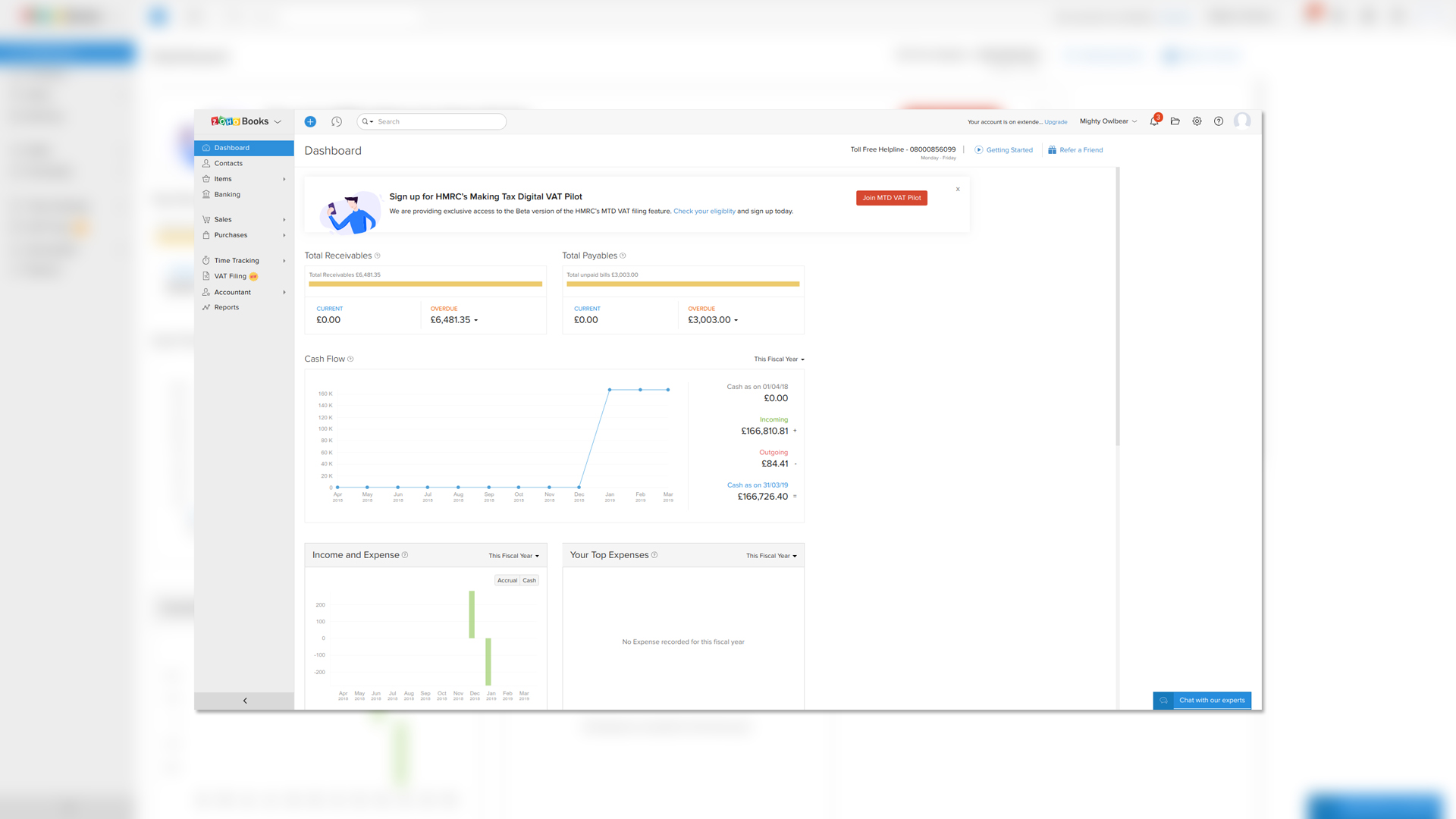
 Zoho Books review: Everything but the kitchen sink
Zoho Books review: Everything but the kitchen sinkReviews A relatively low-cost accounting suite with a huge range of features at all tiers, but lacking integrated payroll
By K.G. Orphanides
-
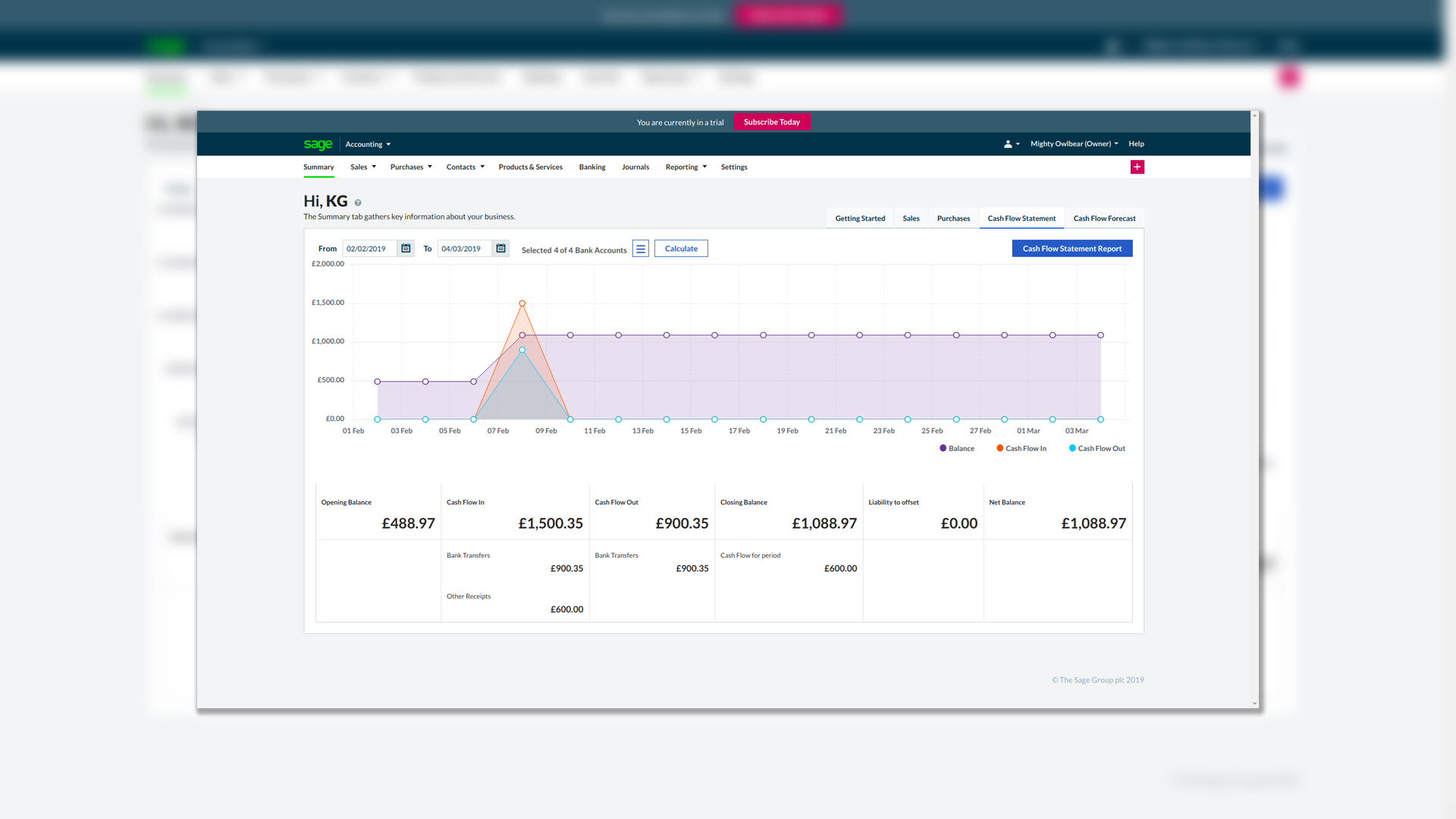 Sage Accounting review: A capable but imperfect accounts package
Sage Accounting review: A capable but imperfect accounts packageReviews Sage’s self-service accounting software is a good all-rounder, but leaves something to be desired
By Adam Shepherd
-
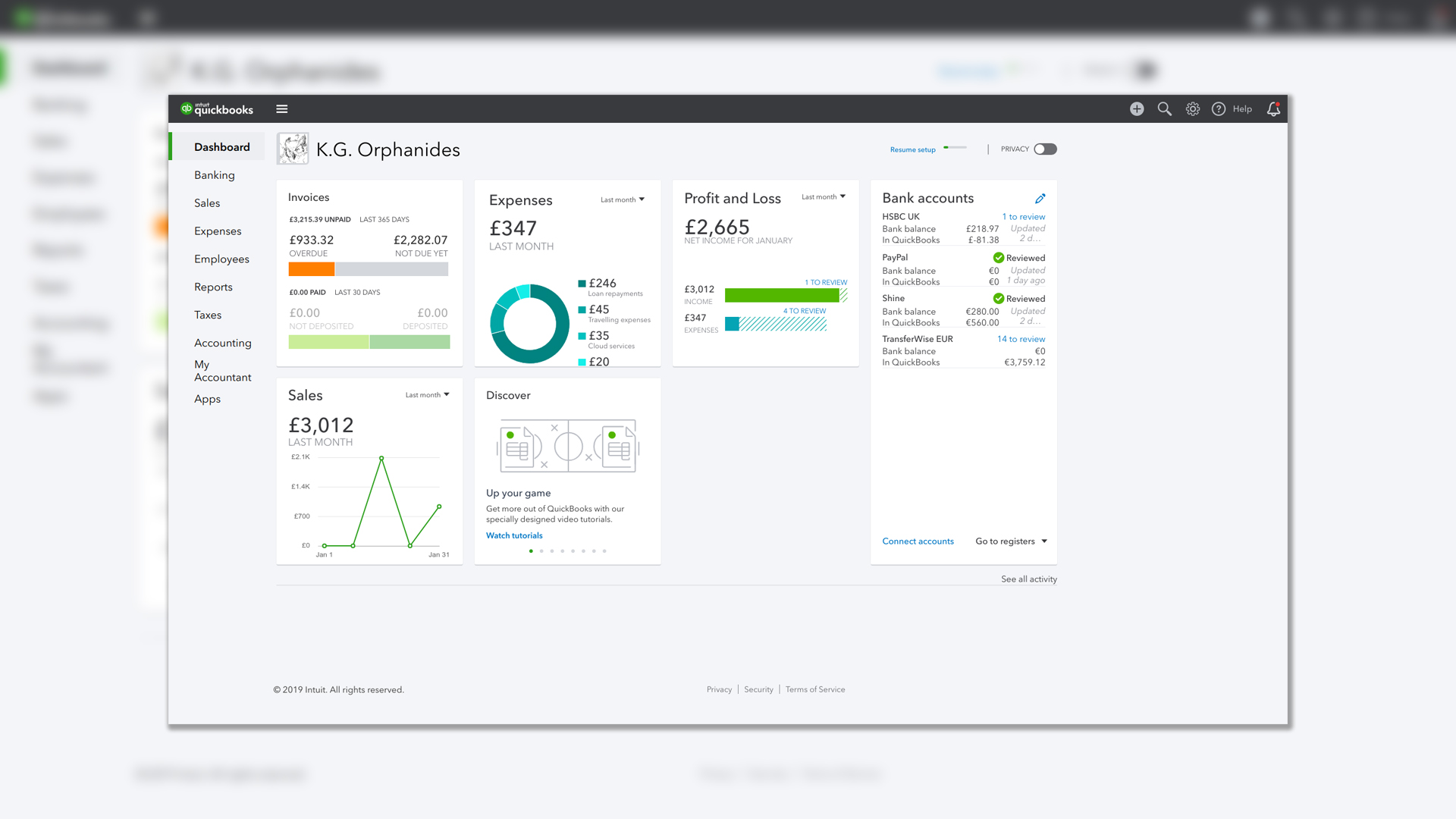
 Intuit QuickBooks review: Quick to impress
Intuit QuickBooks review: Quick to impressReviews QuickBooks provides polished, well documented and very easy to use cloud-based business accounting suite
By K.G. Orphanides
-
 Sage teams up with Rackspace to deliver CRM to SMBs
Sage teams up with Rackspace to deliver CRM to SMBsNews Small business software company Sage is to deliver SaaS-based CRM through a deal with Rackspace.
By Max Cooter
-
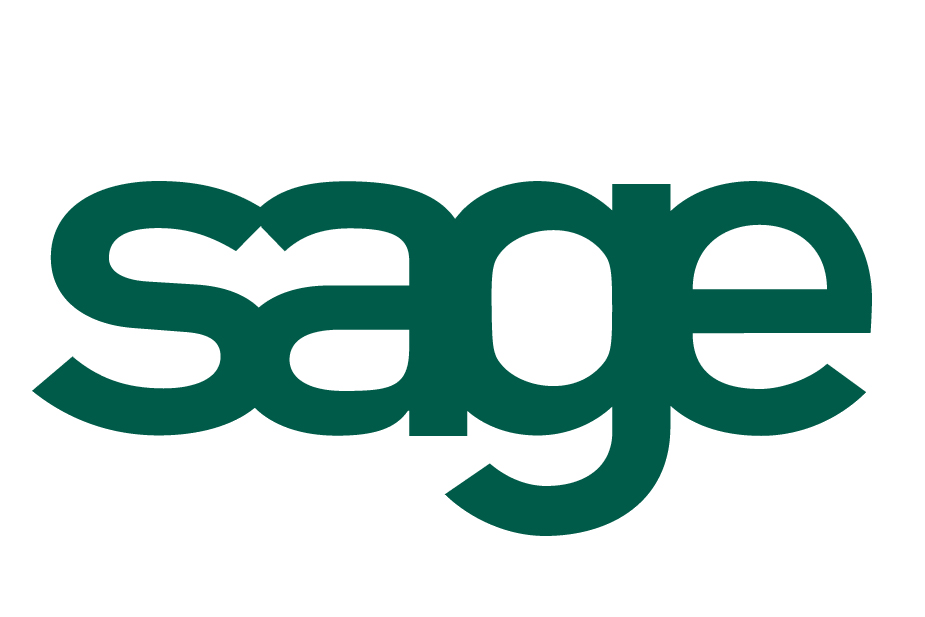 Sage launches cloud payroll for small business
Sage launches cloud payroll for small businessNews The new Sage One Payroll product aims to help the smaller firm get their payments in order.
By Jennifer Scott